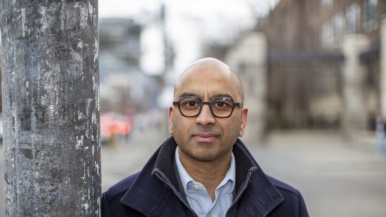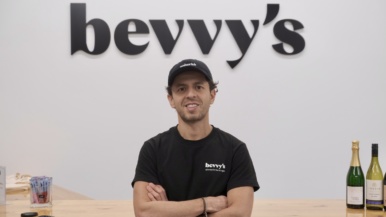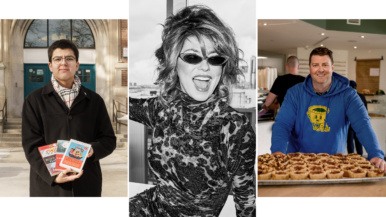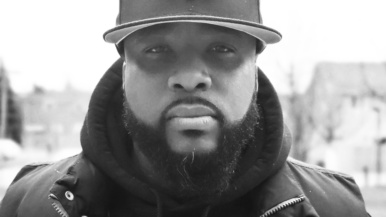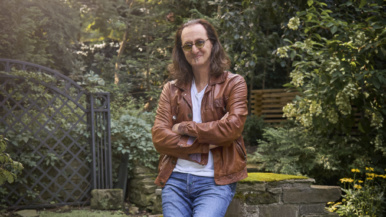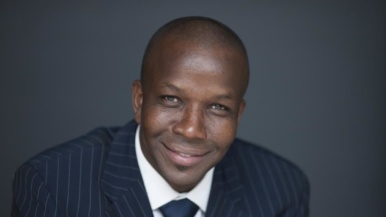Q&A: Hockey hero Hayley Wickenheiser on leading the Leafs to the promised land
She left pro hockey two years ago as the most decorated female player in history. Now she’s finishing med school and helping coach the Leafs

You began working with the Maple Leafs last fall, at the start of the season, and the team is now showing more promise than it has in 25 years. Coincidence or the Wickenheiser Effect?
Ha! The team is definitely going in the right direction. Management has assembled great players and gotten them to play well together, but that doesn’t have anything to do with me.
Your title is assistant director of player development. What does that mean?
It means I do a little bit of everything. I might be on the ice doing one-on-one instruction or off-ice having conversations with players. People tend to think of the NHL as a glorious world where no one has problems, but these young men have the same struggles as you and me, just with way more pressure and money.
How would you describe your approach?
I don’t sugarcoat things. Great players don’t want to be told that they’re great every day. But I also don’t believe in beating them down. The culture of hockey has changed, and belittling isn’t a part of it anymore. I try to empower players to make decisions rather than tell them what to do.
Do you find the players listen to you like they do to the male staff?
It hasn’t been an issue for me. So far, the players have been very respectful and interested in what I have to say.
I guess having a couple of gold medals on your resumé doesn’t hurt when it comes to establishing authority.
That’s true. But I’d say that Leafs management has set the tone around conversations on diversity and listening to different perspectives. When the decision makers embrace that sort of philosophy, it tends to trickle down.
You’re not the first woman to work for an NHL team, but your position represents an important step for women in hockey. Can you elaborate?
The difference is that I’m on the ice, influencing play and interacting with coaches, not working in the head office.
Do you aspire to be a head coach?
Not right now. I’m in medical school at the University of Calgary. I plan to combine medicine and hockey, but what that might look like, I’m not sure. I’m only four months into this job!
Hold up—you’re working for the Leafs full time and in med school? Have you always been a masochist?
Perhaps there is a sick fascination with pain, but it was really more of a timing thing. I was already pursuing my degree when I got the call from the Leafs. If I’m in Toronto, I’m typically on the ice with the players until 2 p.m. and then listening to podcast lectures in the afternoon. I like the mix. Hockey energizes me; medicine reminds me that life is short.
You were the first non-goalie female to play professional men’s hockey. What advice would you give to other people trying to break glass ceilings or counter stereotypes of women in the workplace?
If you’re focused on cracking the ceiling, you’re probably not going to crack it. Just be authentic, be an expert in your field and don’t feel like you need to be more than you are. That said, a woman probably has to work harder than a man in the same position, but I think that’s changing.
How do you feel about getting so much attention for “female firsts”—when your gender is mentioned alongside your expertise?
I’ve always achieved a lot of firsts. It means that doors open for me that wouldn’t necessarily open for others, so I try to walk through them. I’ve had moms tell me that seeing me behind the Leafs bench has given them more confidence coaching their kid’s team.
You mentioned a cultural shift in hockey, but the sport remains largely white and male. How big a problem is that?
I think hockey is the last bastion of sports that still has a lot of evolution left to undergo. The Raptors are a good model of what the Leafs can achieve—a Raps game is a different experience in terms of audience diversity from a Leafs game right now.
You’ve won four Olympic gold medals. Where do you keep them?
They’re shoved in a hockey sock on my desk.
What? If I had four gold medals, I would wear them to breakfast every morning.
People tend to think that, but for most Olympians, it’s not the medals that mean the most—it’s the experience.
This interview has been edited for length and clarity.
